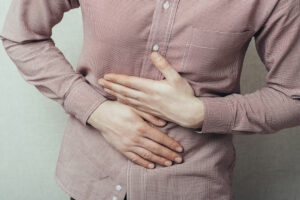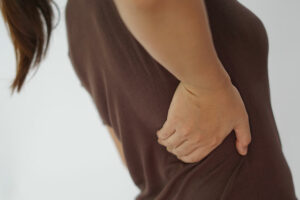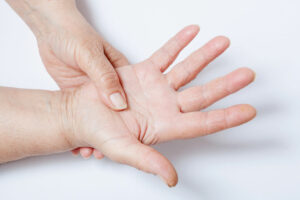Heavy periods are called menorrhagia in medical terms. Many menstruators often experience heavy periods in certain months of their menstruation cycle. It is quite normal to have heavy flow once in a while. Despite being infrequent, heavy flow can cause discomfort and inconvenience. It can disrupt carrying on routine everyday activities. However, there are ways to deal with heavy periods. Here are a few simple hacks to cope with a heavy flow.
Keep sanitary products everywhere
One of the ways to make it easier to cope with a heavy flow is stocking up on sanitary products. Ensure to buy the bigger sizes so that there is never any chance of running out. From sanitary napkins to tampons and menstrual cups, make sure there is enough backup for everything. Keep these in all the handbags that are used on a regular and not-so-regular basis. Ensure to keep extra supplies in the drawers at home and work, the bathroom, the bedroom, and every single bag.
Wear period underwear
Period underwears are an essential element that many are not aware of when it comes to dealing with a heavy flow of the menstruation cycle. Period underwear can come in handy for those struggling to wear extra-large menstruation pads. These are very comfortable with their expansive and stretchable design and sizing. Moreover, these are made of absorbent fabric that gives an added layer of protection without any extra bulk.
Make a period first aid kit
During menstruation, a first aid kit can be immensely helpful. For those days of heavy flow, it is wise to stock up on some extra paraphernalia to deal with the intense cramps and pain. The kit can contain painkillers, hot water bottles, ice packs, and non-decomposable comfort food. Making two or three kits for heavy flow days is recommended: one for home, one for work, and one more to be kept in the car.
Eat iron-rich foods
Heavy flow means an excessive loss of blood. This directly affects the level of iron in the body. As a result, anemia is common among those with heavy periods. The lack of iron in the body will lead to low oxygen levels in the body. This will cause fatigue, lightheadedness, and shortness of breath. So, it is important to load up foods rich in iron. Legumes, lentils, leafy vegetables, and fortified cereals are good options to add to meals.

















